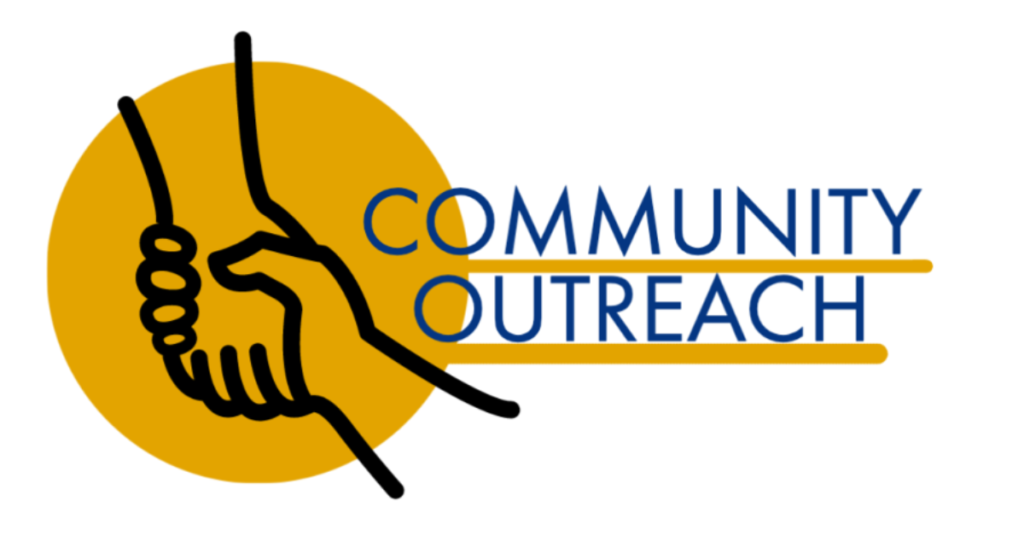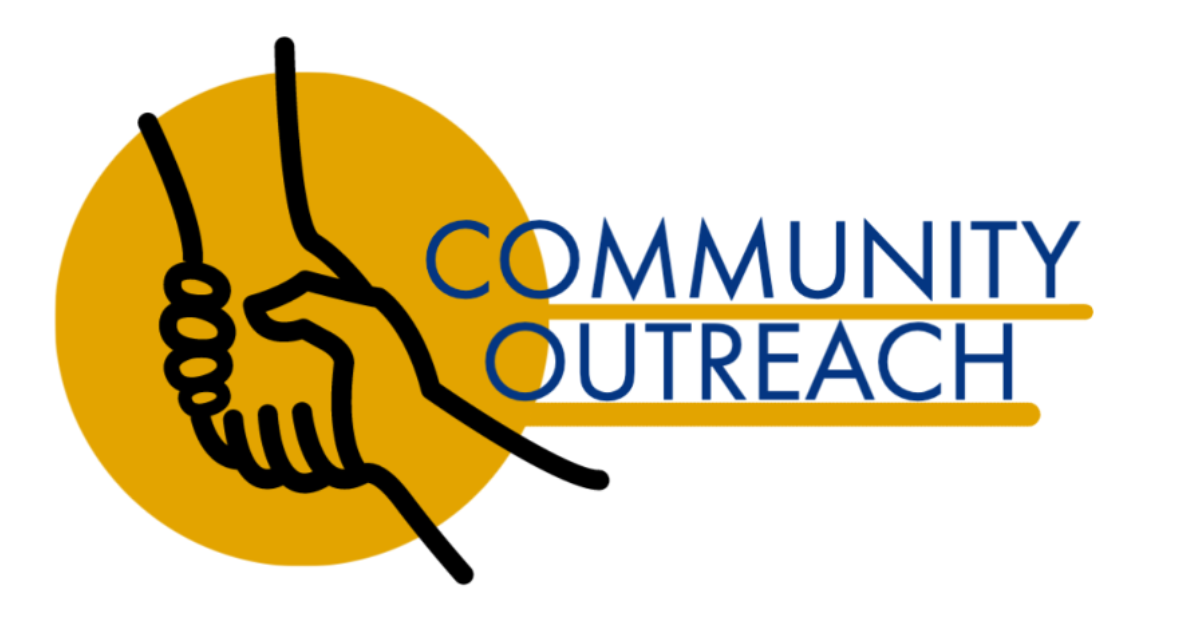University community outreach programs serve as a vital bridge between higher education institutions and the communities they inhabit. These initiatives not only fulfill the social responsibility of universities but also provide numerous benefits to students, faculty, and local residents. By engaging with their surrounding communities, universities can address pressing social issues, foster student development, and strengthen community ties. This article explores the importance of university community outreach programs, their various forms, and the impact they have on both the community and the educational experience.

The Importance of Community Outreach
Community outreach is essential for fostering a collaborative relationship between universities and the neighborhoods they serve. Through outreach initiatives, universities can apply their academic resources and expertise to tackle real-world problems, enriching both their own learning environment and the local community.
These programs allow universities to fulfill their mission of public service, enhancing their reputation and appeal to prospective students and faculty. Engaging with the community demonstrates a commitment to social responsibility and encourages a culture of civic engagement among students.
Types of Community Outreach Programs
University community outreach can take many forms, addressing a wide range of needs within the local population. Below are some common types of outreach initiatives:
1. Educational Outreach
Educational outreach programs focus on improving academic opportunities for local students. These initiatives may include after-school tutoring, mentorship programs, and summer learning camps. By providing educational resources and support, universities can help close achievement gaps and inspire young people to pursue higher education.
2. Health Outreach Programs
Health-related outreach initiatives are often led by universities with health sciences programs. These programs may provide free health screenings, immunizations, and wellness workshops. By addressing health disparities in the community, universities contribute to the overall health and well-being of local residents.
3. Volunteer Programs
Many universities facilitate volunteer opportunities for students, connecting them with local non-profit organizations, schools, and community service projects. Through these experiences, students can give back to their communities while developing valuable skills and gaining practical experience.
4. Environmental Initiatives
Environmental outreach programs aim to promote sustainability and environmental stewardship within the community. Activities may include organizing clean-up events, tree planting, and educational workshops on eco-friendly practices. These initiatives not only improve the local environment but also foster a sense of collective responsibility among community members.
5. Cultural Exchange and Engagement
Cultural outreach programs celebrate diversity and promote understanding among different cultural groups. Universities may host events, festivals, and workshops that showcase various cultures, helping to foster dialogue and appreciation among community members. These initiatives enrich the cultural fabric of the community and encourage inclusivity.
6. Research and Policy Advocacy
Universities often engage in research that addresses pressing community issues, such as education, poverty, and public health. By collaborating with local organizations, universities can apply their findings to create actionable solutions. Additionally, they may advocate for policies that support community development and address systemic issues.
Benefits for Students
Participating in community outreach programs provides university students with a range of benefits, enhancing their educational experience and personal growth.
1. Hands-On Experience
Community outreach offers students the opportunity to apply theoretical knowledge in practical settings. This hands-on experience is particularly beneficial for those in fields like education, social work, and public health, where real-world application is essential. Students develop essential skills, such as critical thinking, teamwork, and effective communication.
2. Networking Opportunities
Outreach programs often connect students with local professionals, community leaders, and organizations. Building these networks can lead to internships, job opportunities, and mentorship relationships that enhance students’ career prospects and broaden their professional horizons.
3. Personal Growth
Engaging in community service fosters empathy and a deeper understanding of social issues. Through outreach, students gain insight into the challenges faced by marginalized communities, promoting personal growth and encouraging them to become informed and engaged citizens.
4. Increased Employability
In today’s job market, employers increasingly value candidates with experience in community engagement and social responsibility. Participation in outreach programs helps students stand out, demonstrating their commitment to making a positive impact and their ability to work collaboratively in diverse environments.
Challenges Facing Community Outreach Programs
While university community outreach programs have numerous benefits, they also encounter several challenges that must be addressed to ensure their success.
1. Resource Constraints
Many outreach programs face budget limitations and a lack of resources, which can hinder their effectiveness. Universities need to allocate sufficient funding and support to sustain these initiatives and ensure they can meet the needs of the community.
2. Trust Building
Establishing trust with community members can take time. Universities must approach outreach with humility and a genuine willingness to listen to community needs. Effective communication and relationship-building are critical to fostering long-term partnerships.
3. Student Engagement
Encouraging student participation in outreach initiatives can be challenging, particularly in a demanding academic environment. Universities must promote the importance of community service and provide flexible options that fit students’ schedules and commitments.
4. Measuring Impact
Evaluating the effectiveness of community outreach programs can be complex. Universities need to develop appropriate metrics for assessing the impact of their initiatives and making data-driven decisions to improve their offerings continually.
Best Practices for Successful Outreach Programs
To enhance the effectiveness of community outreach initiatives, universities can implement several best practices:
1. Conducting Needs Assessments
Understanding the specific needs of the community is crucial for designing effective outreach programs. Conducting needs assessments, often in collaboration with community members, ensures that initiatives are relevant and responsive to local challenges.
2. Collaboration and Partnerships
Collaboration with local organizations, businesses, and government agencies can significantly enhance the reach and effectiveness of outreach programs. By leveraging existing resources and expertise, universities can create more comprehensive solutions to community issues.
3. Providing Training and Support
Offering training and support for students involved in outreach initiatives is essential for their success. Equipping students with the necessary skills and knowledge allows them to engage effectively with community members and navigate complex social issues.
4. Continuous Evaluation and Improvement
Regularly evaluating outreach programs allows universities to identify areas for improvement and measure their impact. Gathering feedback from community members and participants helps inform program adjustments and ensures continued relevance.
5. Celebrating Achievements
Recognizing and celebrating the successes of outreach programs fosters motivation and encourages ongoing participation. Universities should highlight positive outcomes and showcase the tangible impact of their initiatives on the community.
Conclusion
University community outreach programs are essential for building strong, meaningful connections between academic institutions and their surrounding communities. These initiatives not only address pressing local needs but also enrich the educational experience for students, preparing them to become engaged citizens and future leaders. By prioritizing outreach efforts and addressing the challenges that arise, universities can create impactful programs that promote social responsibility, mutual respect, and community resilience. As universities continue to adapt to changing societal needs, their commitment to community outreach will remain a cornerstone of their mission, ensuring they contribute positively to society while enhancing the lives of both students and community members.
